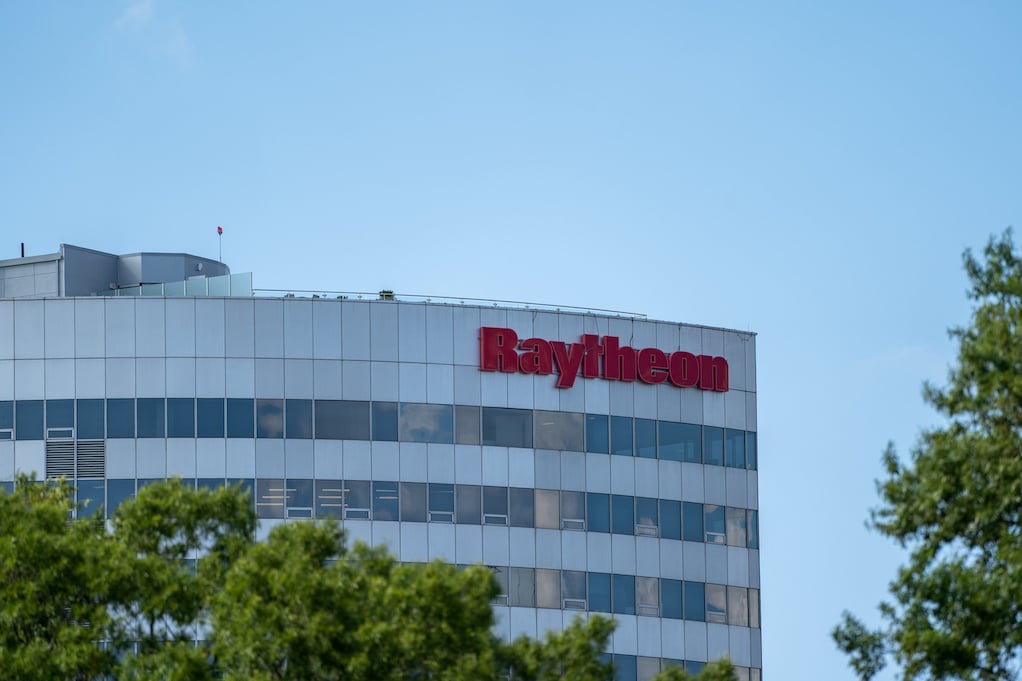In this article, you'll learn:
- The benefits of renewing your lease, including cost savings and improved lease terms.
- Advantages of relocating to better align with business needs and optimize space.
- The impact of the Work From Home movement and economic factors on real estate decisions.
- Key considerations for choosing between renewing or relocating, including market conditions and potential incentives.
The face of industry has changed. The Work From Home (WFH) and Hybrid Work movements initiated a tectonic shift in workplace culture-and there is no end in sight. As a result, it is more than likely than not that your existing CRE properties no longer fit your needs as they used to.
So if your current lease is within a year (or two) of ending, what do you do?
This difficult question is complicated further by any possible recession. Companies are even more hyperaware of their spending and looking to slash their costs wherever they can. But, know that you are in a fortunate position if your current lease is ending soon.
You can exploit the drop in commercial real estate demand. It's going to mean lower prices for you!
But, is it more fiscally responsible to renew your lease or cut and run, starting fresh somewhere else? The answer will depend on your company and its priorities, but we will outline why you should consider both. Understanding the nuances of renewing and relocating will allow you to make more informed decisions for your CRE that can save millions in a critical time.
Renewing Your Lease
If you are leaning towards a renewal, we don’t blame you. Pardon the pun, but corporate moves require a lot of moving parts. If you feel that the time and hassle of relocation aren’t worth it, there are still things you can do to improve your current space.

The Perks of Renewing
You can renew well before the end date of your lease and take advantage of lower rents. This is an advantage of renewing over relocating. When relocating, you likely can’t move before your lease ends without still paying for it. On the other hand, if you want to renew, you have the power to consider the timeline.
If your landlord ever needs you more than you need them, you can renew and possibly renegotiate for better perks or features. Changes in the market have made your landlord’s position weaker. If you are willing to renew for an extended period, they may do anything to get you in their space.
Having a thorough understanding of the market in the area where you are leasing is a powerful weapon during a negotiation. When you can point out to a landlord that what they're offering isn't in line with current trends, it's much easier to make a persuasive argument.
You should be considering questions like:
- Are occupancy rates higher/ lower than when you signed?
- Have property values or rents increased/decreased?
- Has new construction increased vacancy rates?
- Has your building been renovated recently?
Reset Your Rent Payments
If you’re paying the expensive base rent you negotiated when you signed your lease coupled with costly, compounding escalations, you may be able to reduce your rent to market value. You can always create competition for your tenancy with other landlords and bring this leverage during negotiations.
Renegotiating a renewal can also land you perks like a new or higher tenant improvement allowance. In addition, renovating your building is a great way to finetune your working environment without moving. Similarly, you may be able to reinstate a period of rent abatement, which will benefit your budget in a year where relief is much needed.

Relocating Your Commercial Real Estate
Business is entirely different than it was since you signed your last lease. Of course, renewing could save you some much-needed CRE dollars, but there is a limit to what renegotiating can introduce.
Instead, relocating may be the key to staying afloat in a recession, mainly because our current economic situation is so unique. Not only is there a recession, but it is accompanied by skyrocketing inflation, the rise of remote capabilities, and the WFH movement.
A Corporate Culture of Relocation
Faced with the opportunity to move, many corporations are jumping on it. For example, one of the largest aerospace and defense companies, Raytheon, recently transferred its headquarters from suburban Boston to Arlington.
After reassessing its optimal performance, it found that a new location would better serve its clients. You have the power to do the same.

Could you be located closer to your central consumer base? What about talent- is there a new talent pool you want to tap into? These questions and others should be considered when confronted with an ending lease.
Raytheon’s move was also part of an initiative to shrink its footprint. Companies across the country are taking similar action. Yelp recently made headlines by closing three central offices.
As employees preferred to work remotely, Yelp assessed their space and found that their offices “saw a weekly average utilization of 2%.” When your commercial spaces are this severely underutilized, you are literally leaving millions on the table.
The CRE Opportunities You Have
If the work-from-home movement or cuts from the recession left you with excess square footage, the best course of action may be to move to a smaller property. If you renew, you may be able to renegotiate for smaller square feet, but your landlord may be unwilling to reduce the space you occupy dramatically. Accordingly, you may have more success relocating.
|
This is also an excellent time to establish your priorities for a corporate space. |
Size will be a driving factor in determining your new objectives. However, you can also take the time to consider what amenities and key site drivers should be in your new space. Even if you receive a tenant improvement allowance, it may not cover the cost of building all the features you need.
Relocating may be the best option. This is especially true if you relocate to a business-friendly state. The lower overhead costs of these areas allow your CRE dollars to go further. As a result, you can get better features for much more affordable prices.
Relocating also opens the door for economic incentive benefits. This is especially true if you are considering a significant move. Local municipalities are likely unwilling to offer a substantial package for companies staying in the same area.
If you're weighing the benefits of a relocation, this is a key factor to keep in mind. You can create competition for your tenancy not only among landlords, but states and municipalities as well. Doing so will achieve the maximum economic incentives for relocating like funding or tax breaks.
Relocating to a Business-Friendly Area
If you are open to relocating, it can be the most advantageous method to thrive during the pandemic. Companies like Tesla and Chevron have already dramatically saved in taxes, cost of living, gas, etc., by moving to a business-friendly region.

You could do the same. Don’t let the comfort of your current space transform into complacency. Renewing and remaining in your space could make you miss out on the opportunity to save millions.
Should You Renew or Relocate?
Weighing the benefits of relocating versus renewing can be a difficult task. However, there are prospective benefits and drawbacks to both.
No matter what you decide, you have the power to establish your priorities and stick to them. As commercial offices close worldwide, corporate tenancy is at a premium. Both renewing and relocating can introduce savings if you know what you’re doing.
If you need help balancing the factors, you can work with a tenant rep. As real estate experts, we have seen how the CRE industry has changed in recent years and how savvy tenants can take advantage of the switch.
Tenant reps can assist you in dramatically reducing your corporate overhead by cutting costs on your real estate.
|
Saving money is always important, but in a recession, it is critical. |
A tenant rep can point you to areas of inefficiency within your portfolio that you can capitalize on. Since real estate is one of a business’ highest costs, doing so will significantly improve your overall bottom line.
Here are 3 steps you can take to improve your real estate budget in the recession.
Wondering where to begin?
Related Content
- Why You Should Right-Size, Renegotiate, and Relocate Your CRE in a Recession
- Prepare Your Commercial Real Estate for the Recession with the 3 R's
- The Recession is the Perfect Time to Renegotiate Your Commercial Lease
- Can I Renegotiate My Office Lease? What Corporate Tenants Should Know






